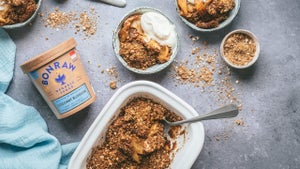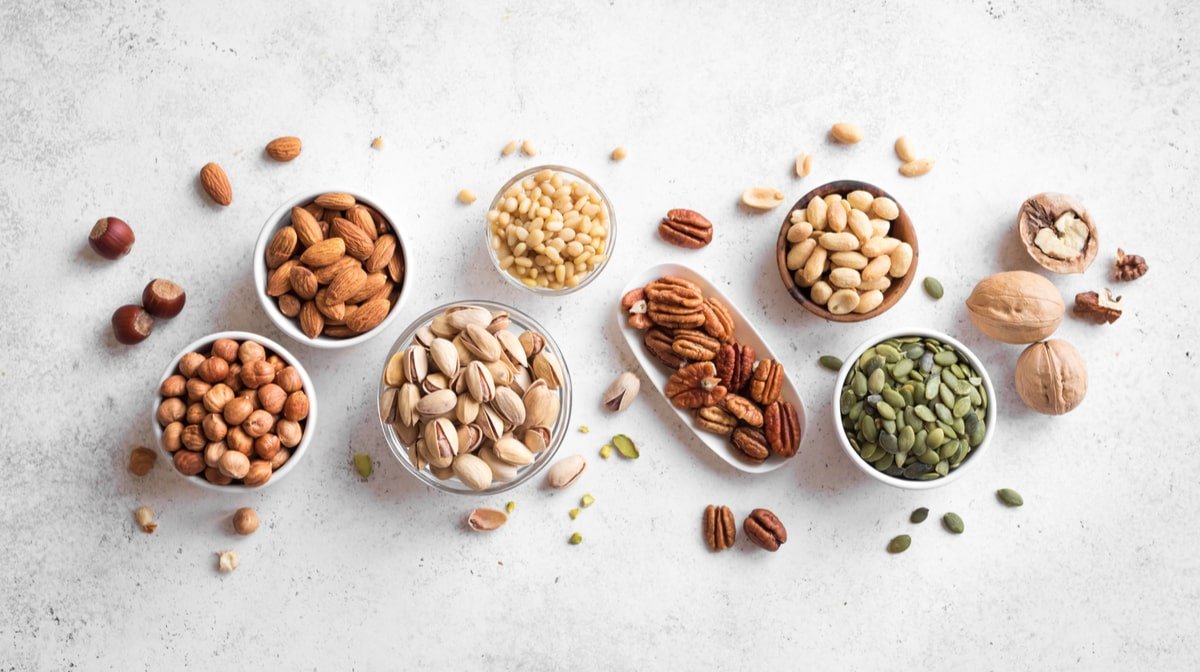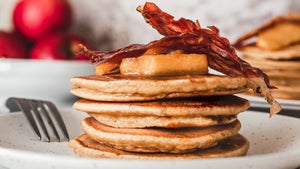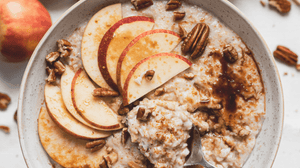
We know consuming too much sugar is bad for our health¹.
To protect your health and wellness you should limit your daily sugar intake and not exceed the recommended amounts set by Public Health Authorities².
But, without a doubt, it can be the hardest thing to control and those experiencing a sugar craving feel a strong urge to eat something. At Bonraw, we’ve collected these 5 tried and tested ways to cut down on refined sugar and curb any cravings for sugar-filled treats.

1. Remove treats with a high sugar content from your home
The easier it is to access all things sweet, the more likely you are to consume more sugar. Filling your cupboard with snacks that have a low-sugar content may not fulfil your sugar craving, but it should satisfy your need for a snack. As you accumulate days of reducing the sugar, the easier it will become.
Take a visit to the supermarket with the task to fill your pantry with cleaner, healthier swaps. These healthier swaps will help to satisfy the craving while lowering your daily sugar intake.
2. Switch to natural sweeteners
According to YouGov* 22% of UK tea drinkers prefer to sweeten their beverage with sugar. This means if you’re having around 4 cups a day with 4 grams of sugar per teaspoon, you’re already making up over a quarter of your recommended daily free sugar intake! This is causing havoc with not only your body but your teeth too!
Switching regular sugar for Bonraw’ s Silver Birch could help in moving away from refined sugar and all its negative effects. It contains 40% fewer calories than normal white sugar and has a low GI of 7. Its low GI means that it won’t trigger a spike in your blood sugar levels, and therefore is safer for people with diabetes or prediabetes and is a lot less likely to contribute to the health risks related to the overconsumption of regular white sugar.
Your teeth will thank you…
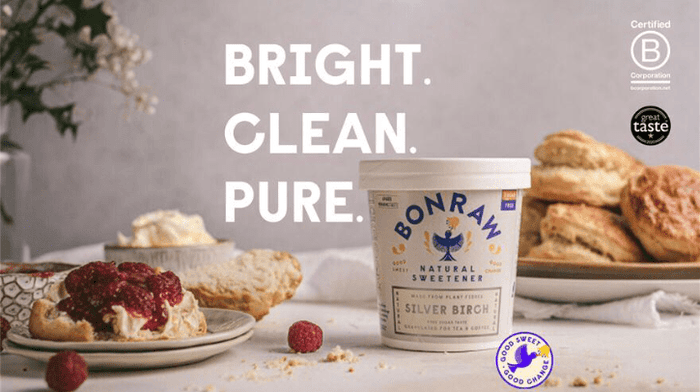
Whilst regular sugar has been known to contribute to tooth decay, xylitol or Bonraw’ s Silver Birch starves the harmful bacteria found in your mouth, helping to prevent plaque build-up and ultimately promoting healthier teeth.
3. Consider eating more protein
Avoid snacking on sugary treats by consuming more protein-filled small meals.
Eating avocado on seeded brown bread will boost your protein intake and help you avoid snacking on sweets in-between mealtimes. Boosting your protein intake by 25% has been shown to reduce your food cravings by 60%.*
Moving to a high protein diet will see your daily calorie intake made up of more nutrient-filled and hunger-busting foods, such as nuts, seeds, cheese, fish, and lentils.
4. Read labels! Be careful with ‘healthy’ processed foods
It can be incredibly difficult to navigate the jumble of advertising messages that sprawl across supermarket shelves. The words “low fat”, for instance, can be misleading. This adage can usually be translated to “low-fat but filled with tonnes of sugar!”
‘Healthy’ bars and protein bars are not always what they seem and often contain the same amount of sugar that’s in a chocolate bar.

Nuts and seeds (chocolate-covered notwithstanding) are a great healthy low sugar snack, and the extra protein and fibre will help satisfy your appetite for longer.
5. Don’t be fooled by dehydration
Whenever you find yourself tempted to snack before a meal, you should ask yourself ‘am I just thirsty?’
Feeling thirsty can often be confused for a sugar craving or a hunger pain, which could lead you to overconsume whilst not satisfying your real need. This is caused by dehydration making it difficult for your body to metabolize glycogen (stored glucose) which we need for energy. Therefore, your body may send you the wrong signals and cause you to crave sugar. Having a glass of water before tending to your ‘sugar craving’ will help to revive your energy and satisfy any hunger pains brought on by dehydration.

All these suggestions can work simultaneously or introduced one at a time. to ensure that cutting down your sugar intake is an easy and comfortable process. Making sure your body is fuelled by the right nutrients, and not being tempted by foods with a high sugar content will take time but the rewards are worth the work.
¹ A diet that contains too much sugar could lead to obesity, type 2 diabetes, cancer, heart disease, and tooth decay. Despite this advice, most UK adults consume almost 3 times the recommended amount.*
²The World Health Organization’s recommendation is that sugar should make up no more than 5% of our daily calorie consumption.

Related Articles
